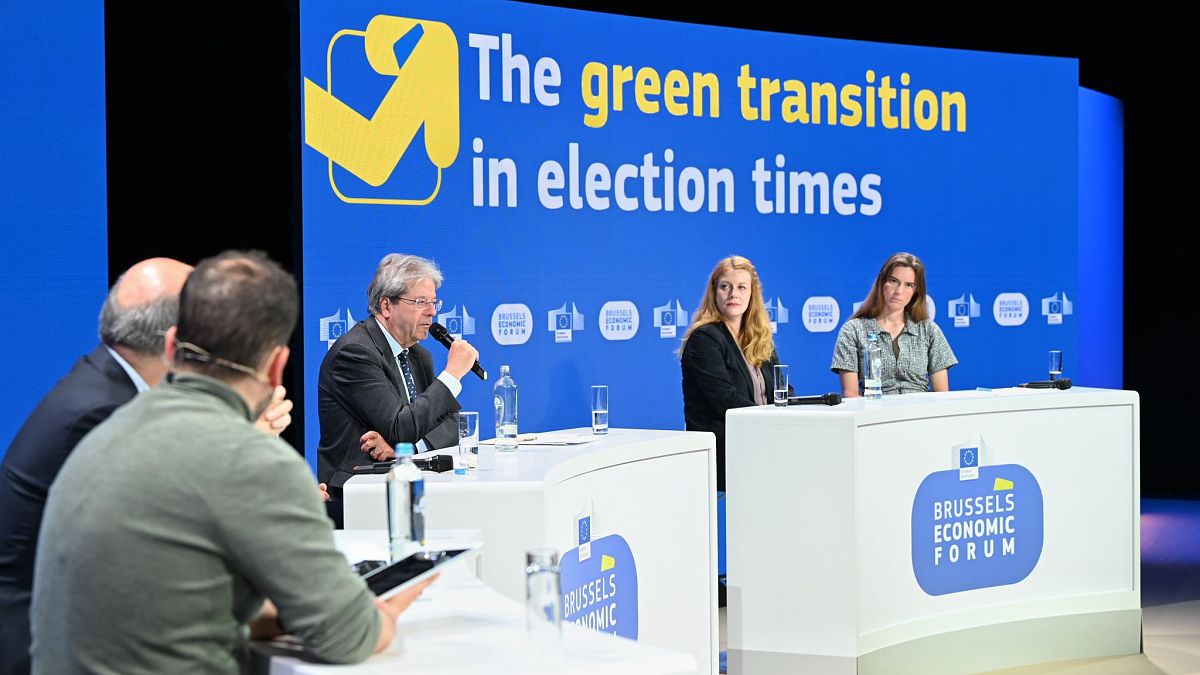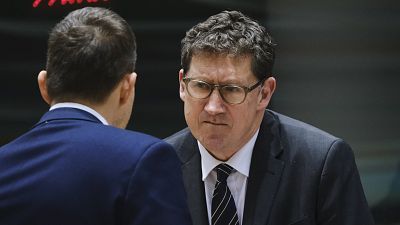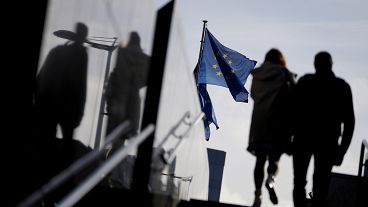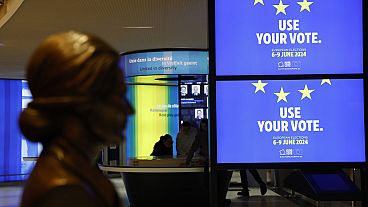With fresh elections looming, senior officials are unrepentant for making climate change a priority of their five-year term.
The European Commission's lead economic official doesn’t regret making climate change a centerpiece of its political agenda, attendees at the Brussels Economic Forum heard today (16 May).
With a rising backlash against EU green policies, and polls predicting a swing to the right in upcoming EU elections, some worry if Brussels’ environmental agenda hangs in the balance.
Europe has been beset by protests, led by farmers concerned about the impact of EU environmental rules on the agriculture sector – while the fate of the bloc’s Nature Restoration Law now seems uncertain.
But officials are unrepentant about their choice to bring climate change policy to the fore.
“Ask ourselves if we regret the decision taken four to five years ago, to have the green deal as the main profile of the von der Leyen Commission: my answer is no,” EU Economy Commissioner Paolo Gentiloni said of the five-year term that began in late 2019.
Gentiloni referred to “the urgency of the climate crisis”, citing satellite data showing global temperatures have already surpassed an internationally agreed uptick limit of 1.5 degrees Celsius.
But Greek finance minister Kostis Hatzidakis indicated there’s still wiggle room to at least partly reconsider EU environmental plans.
“I don’t think we should backtrack on the overall targets we have set,” Hatzidakis said, after Brussels legislated to cut carbon emissions by 55% by 2030.
But, he added, there are areas where the bloc should “reassess the pace of transition and revise the policies pursued: agriculture may be a characteristic example,” he said.
Gentiloni cited hundreds of billions in investment needed each year to meet the bloc’s green and digital goals – which could be funded by a long-held goal to bolster EU capital markets, or via the equally contentious idea of public funding from joint EU borrowing.
If Europe isn’t meeting the climate challenge, however, many put the blame at the door of Brussel’s own rules – saying that recently approved restrictions on budget deficits choke public investment, signaling a return to austerity.
The EU’s new fiscal rules, spearheaded by Gentiloni, are “clear proof of the lack of vision,” said Tea Jarc of the European Trade Union Confederation, adding that the laws, which took effect on 30 April, are still a “bad option”, even if better than the previous “very bad” constraints.
The Green Deal is "not a priority if we’re not willing to invest in it,” Jarc said, adding: “We cannot fool people anymore.”



